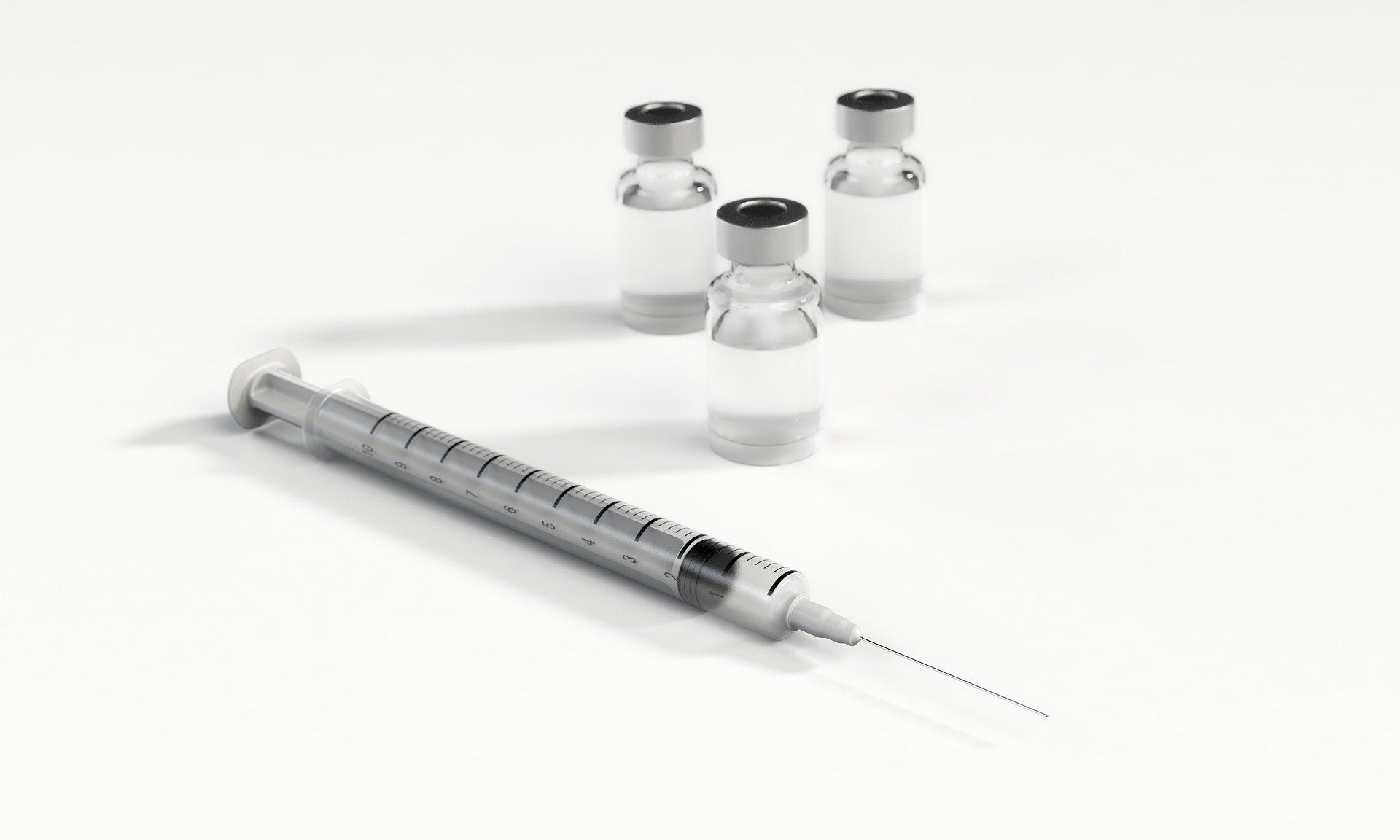
Antengene has dosed the first participant in the Phase I PROBE Trial of ATG-101 in patients with metastatic/advanced solid tumour and B-cell non-Hodgkin’s lymphoma (B-NHL) in Australia.
A bispecific antibody, ATG-101 hinders the attachment of immunosuppressive PD-1/PD-L1 and conditionally prompt 4-1BB stimulation. This process triggers anti-tumour immune effectors, while offering improved anti-tumour activity with an enhanced safety profile.

Discover B2B Marketing That Performs
Combine business intelligence and editorial excellence to reach engaged professionals across 36 leading media platforms.
A first-in-human trial, PROBE will have a dose-escalation phase and dose-expansion phase.
The safety and tolerability of the antibody and selecting ATG-101’s maximum tolerated dose and/or recommended Phase II dose will be the primary goal of the trial.
Initial anti-tumour activity of ATG-101 will be analysed as the secondary goal, while the trial will also include various pharmacological, immunological and biomarker assessments.
Antengene chief medical officer Dr Kevin Lynch said: “ATG-101 has been specifically designed to combine the proven activity of PD-1 inhibition with the immune-stimulating activity of 4-1BB.

US Tariffs are shifting - will you react or anticipate?
Don’t let policy changes catch you off guard. Stay proactive with real-time data and expert analysis.
By GlobalData“Our intent is to further enhance the role of immune-oncological drugs, by turning ‘cold’ tumours ‘hot’ and thereby improve outcomes for patients who do not respond to anti-PD-1/PD-L1 monotherapies or regain control of disease that has become resistant or refractory to these drugs.
“The programme is now enrolling patients in Australia, thereafter expanding to the US where the IND has been cleared by the FDA.”
In animal models of resistant tumours and those advanced on receiving anti-PD-1/L1 therapy, ATG-101 showed substantial anti-tumour activity.
Furthermore, a favourable safety profile of the antibody was observed without any liver toxicity reported in GLP toxicology studies in cynomolgus monkeys at doses up to 100mg/kg.
Separately, the China National Medical Products Administration has granted conditional approval to market Antengene’s oral selective inhibitor of nuclear export compound, ATG-010 (Selinexor) plus dexamethasone to treat relapsed or refractory multiple myeloma in adult patients.
In August this year, Antengene announced plans to start a Phase II trial of Selinexor to treat myelofibrosis patients in China.





